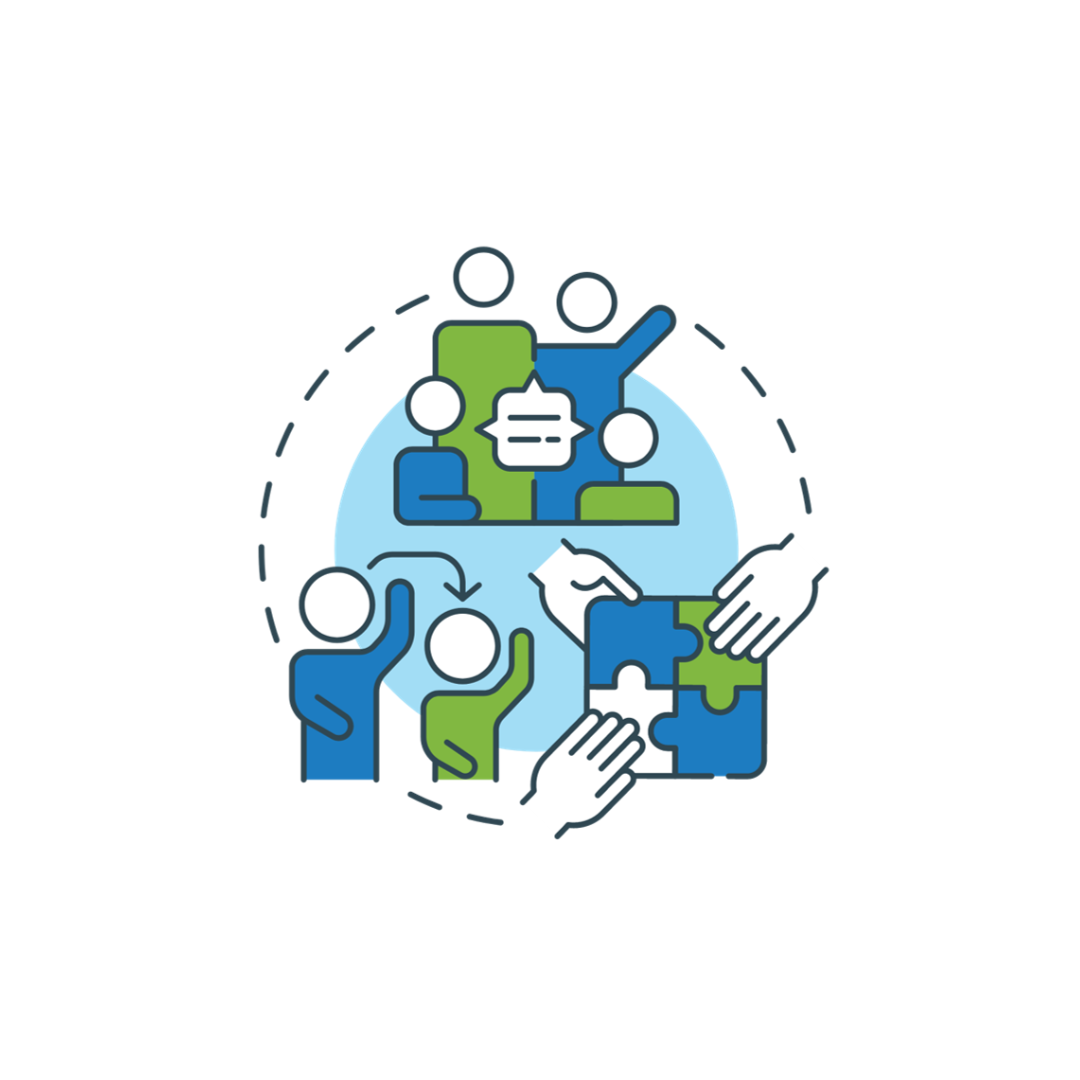
Resources
Resources for Creating Community Change
Sharing resources, ideas, and tools are the heart of CORE’s work. By working across sectors and seeking out people with diverse backgrounds and life experiences, we’ve been able to glean community wisdom and co-create solutions to move our work forward. Now we want to share all that we have learned with you.
We welcome you to explore and use our collection of resources to support your work as you look for new ways to build health, equity, and well-being in your community. And if you have something you’d like to add to our resources page, please get in touch with us. We’d love to hear your ideas!
Tags
- CORE Conditions
- CORE RFP
- CORE Results Menu
- Children & Youth
- Collective Impact
- Community Connectedness
- Community Engagement
- Community Indicators
- Community Resources
- Data Visualization
- DataShare
- Economic Security & Mobility
- Evaluation
- Evidence-based Programs & Practices
- Grants & Funding
- Grantwriting
- Health & Wellness
- Healthy Environments
- Justice Equity Diversity Inclusion
- Lifelong Learning & Education
- Program Planning
- Racial Equity
- Safe & Just Communities
- Stable Affordable Housing & Shelter
- Thriving Families
- Video
Shifting Power at the Table: Values-Based Data and Analysis
Dive into the power of data to drive racial and social justice, gaining tools to analyze data through a racial justice lens and collaborate with communities to build more equitable and inclusive systems.
Domestic Violence Prevention and Response in Santa Cruz County
In recognition of Domestic Violence Awareness Month, learn how two local organizations in Santa Cruz County are committed to addressing domestic violence. Through their initiatives, they support survivors and families, foster community dialogue, and strive to create safe and just communities.
Understanding Demographic Data: A Practical Guide Using Datashare
Demographic data is essential across various fields, shaping decision-making and influencing programs, grants, public health initiatives, and policy. Gain a foundational understanding, explore its significance, and learn to leverage this information effectively to enhance your work.
Introduction to Power Mapping
Curious about how power mapping can support your organization’s goals? Explore this concept and learn about tools that can help you address the root causes of inequities.
A Beginner's Guide to Data Literacy: Practicing with DataShare
Learn how to understand population health data, identify crucial data elements in graphs and visualizations, navigate key data sources on DataShare, and effectively use population health data in your work.
In Case You Missed It: Training Highlights
Watch this high-level overview of key concepts and tools from previous CORE RFP trainings, which were offered to help you develop and refine your CORE application for the FY 25-28 funding cycle.
Preparing a Program Budget & Budget Narrative
Learn how to prepare a program budget that aligns with your evaluation strategy, write a detailed budget narrative, and decide whether and how to complete the optional leveraging template for CORE applications in Tiers 1 and 2.
How to Use the Online Portal for CORE RFP Applications
Learn how to access the CORE application, create an account, and fill out applications in the online platform.
Finding & Using Community Indicators on DataShare & Other Sources
Learn how to search for relevant community-level data on DataShare and other sources, accurately describe community-level trends, disparities, or inequities using everyday language, and cite data and sources in grant proposals when character counts are limited.
CORE Investments RFP - Applicants’ Conference
Watch the recording of the virtual Applicants' Conference hosted by the Santa Cruz County Human Services Department (HSD), where the RFP was reviewed and initial questions about the application process were answered.
Developing Your Programmatic Approach & Evaluation Strategy
Learn about the CORE Investments Framework, get tips on how to apply your theory of change and logic model to describe your proposed program, incorporating the CORE Continuum of Results and Evidence and Equitable Evaluation Framework™ principles for planning and evaluation, and much more.
Developing a Statement of Need & Strengths with an Equity Lens
Learn about the CORE Investments Framework, get tips on using data to identify community strengths and needs, describe inequities without harmful stereotypes, and leverage community assets to address well-being inequities.







